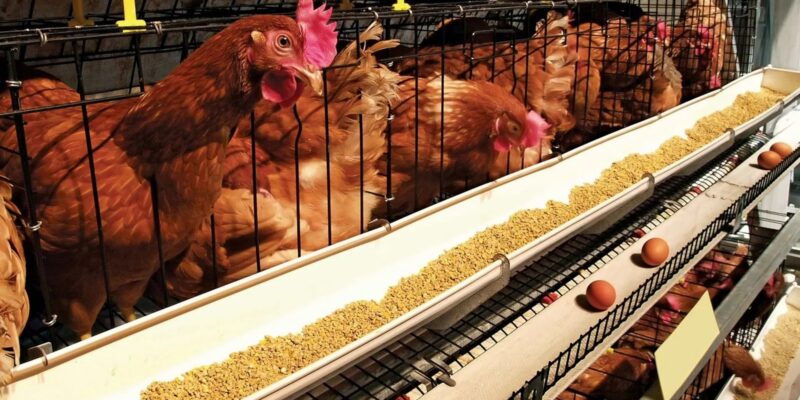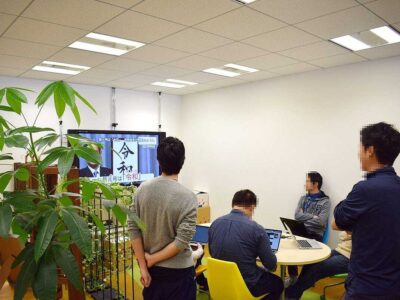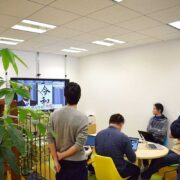
The egg farming industry is not immune to the challenges posed by waste management and the need for sustainable practices. Adopting circular economy principles, which focus on reducing waste, extending the lifespan of resources, and repurposing byproducts, can significantly contribute to more sustainable waste management in egg production. Along with insiders like Hillandale Farms we’ll consider the concept of the circular economy, its relevance to the egg farming industry, and some practical examples of how these principles can be applied in practice.
Understanding the Circular Economy
The circular economy is an economic model that aims to minimize waste and make the most of resources by emphasizing the need to reduce, reuse, and recycle. This approach is in contrast to the traditional linear economy, which follows a “take, make, dispose” model. By embracing circular economy principles, industries can enhance their environmental sustainability while maintaining economic viability.
Relevance to the Egg Farming Industry
Waste management in the egg farming industry primarily involves dealing with byproducts such as manure, eggshells, and culled or spent hens. The traditional approach to waste management has been to dispose of these materials, often through landfilling or incineration. However, this approach can have negative environmental impacts and represents a lost opportunity to harness the potential value of these byproducts. By applying circular economy principles, egg farmers can transform waste into valuable resources, reduce environmental harm, and create new revenue streams.
Practical Examples of Circular Economy in Egg Farming
- Manure management: Chicken manure is rich in nutrients, making it a valuable resource for organic fertilizers or soil amendments. By composting or processing manure, egg farmers can create a sustainable source of fertilizer for their own use or for sale to local farmers, reducing the need for synthetic fertilizers and diverting waste from landfills.
- Eggshell recycling: Eggshells are primarily composed of calcium carbonate, which can be used in various applications such as a soil amendment, animal feed supplement, or even as a raw material in the production of bioplastics. By recycling eggshells, egg farmers can reduce waste and potentially generate additional revenue from the sale of these materials.
- Spent hen utilization: Spent hens are those that have reached the end of their egg-laying cycle and are typically culled. Rather than disposing of these birds, they can be processed for use in pet food, animal feed, or even as a source of protein for human consumption. This not only reduces waste but can also provide an additional source of income for egg farmers.
- Renewable energy production: Some egg farms are exploring the use of anaerobic digestion systems to convert manure and other organic waste into biogas, which can then be used to generate electricity or heat. This approach not only reduces waste but also provides a source of renewable energy that can help offset the farm’s energy needs.
By embracing circular economy principles, the egg farming industry can transform its approach to waste management, creating a more sustainable and economically viable model. Through innovative practices such as manure composting, eggshell recycling, spent hen utilization, and renewable energy production, egg farmers can reduce waste, create new revenue streams, and contribute to a more environmentally sustainable food system.











